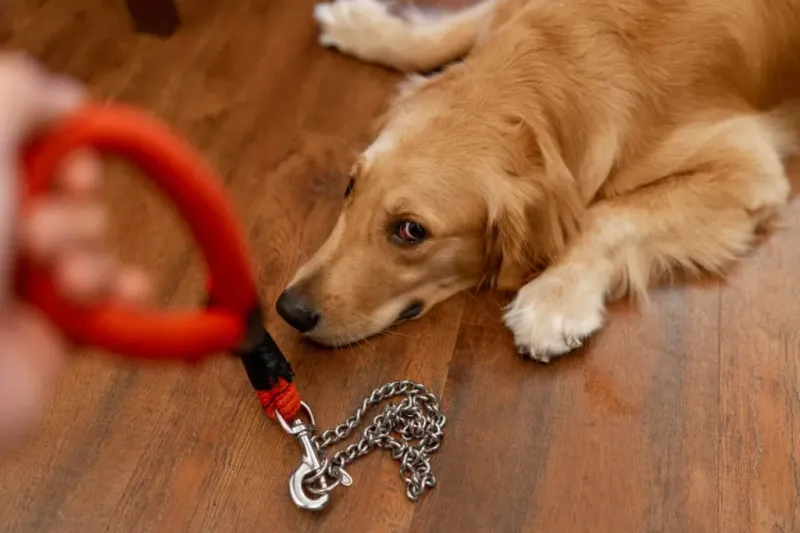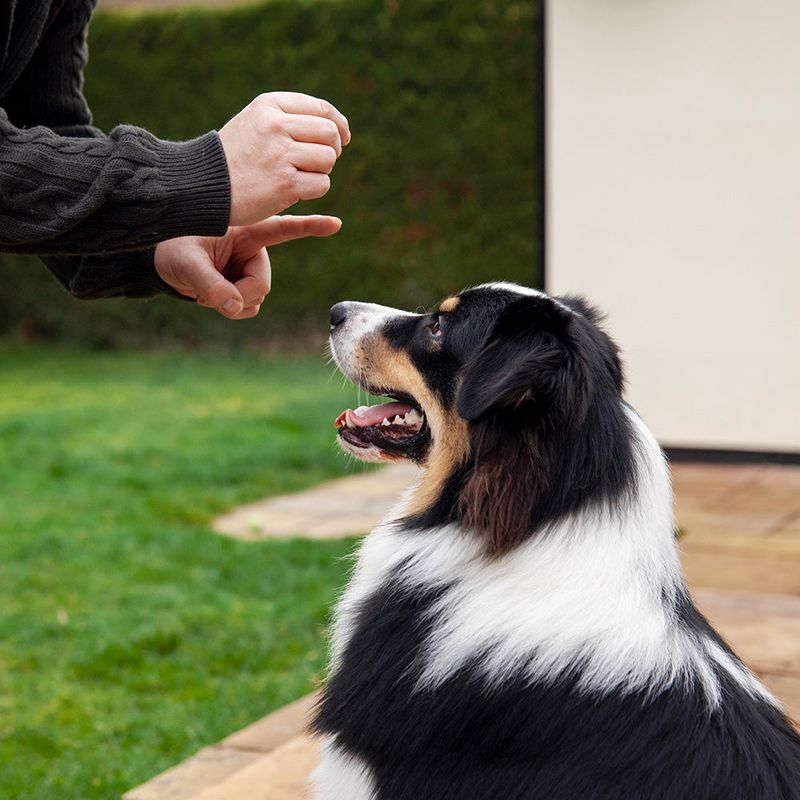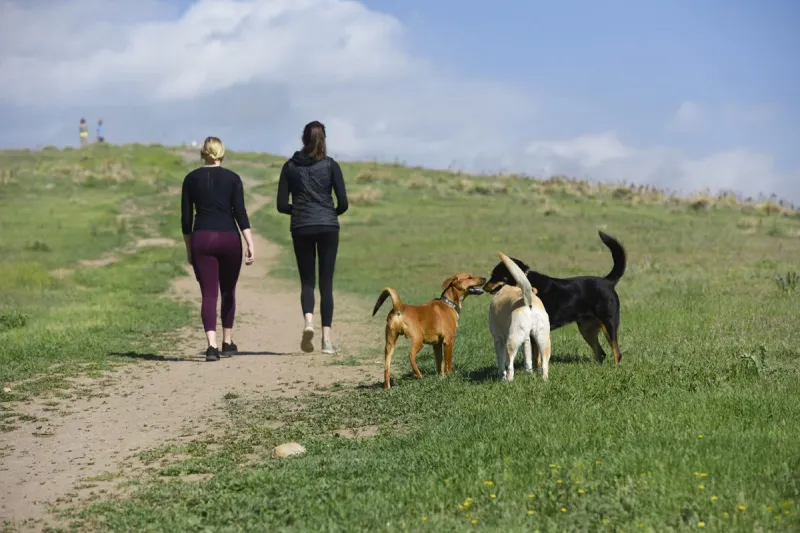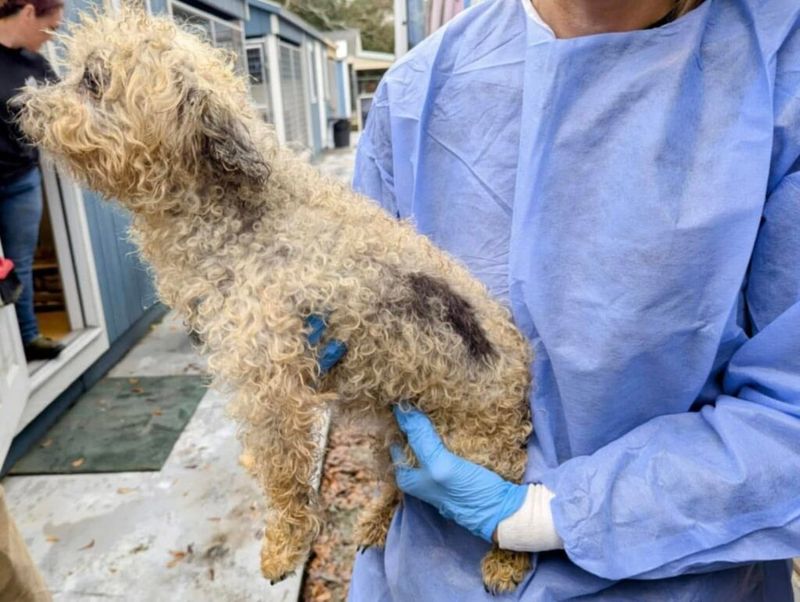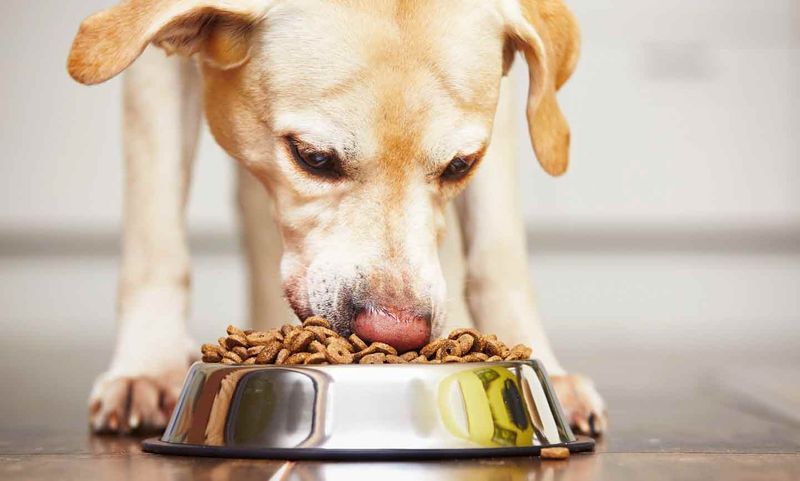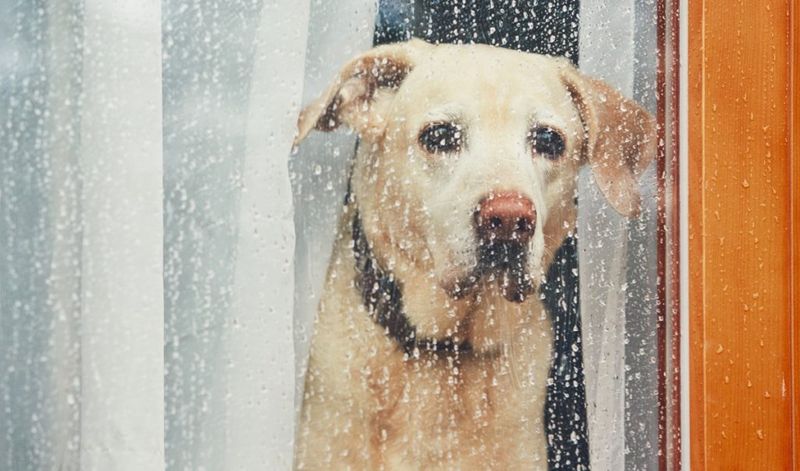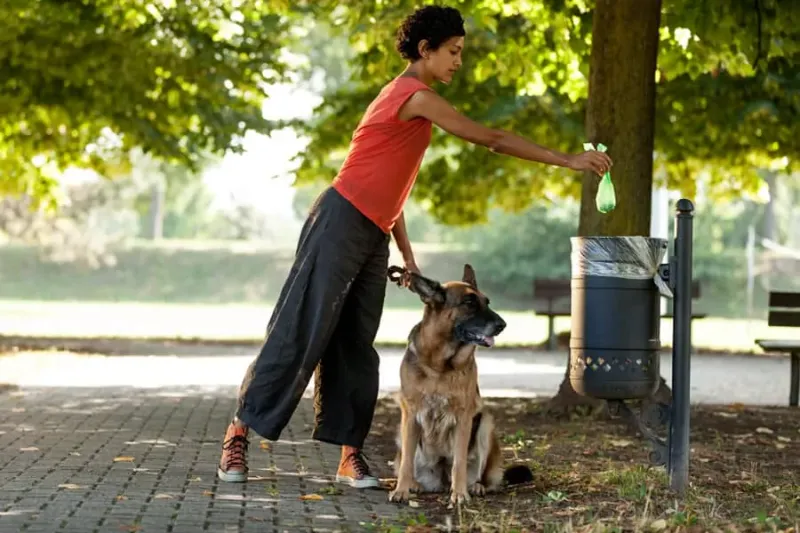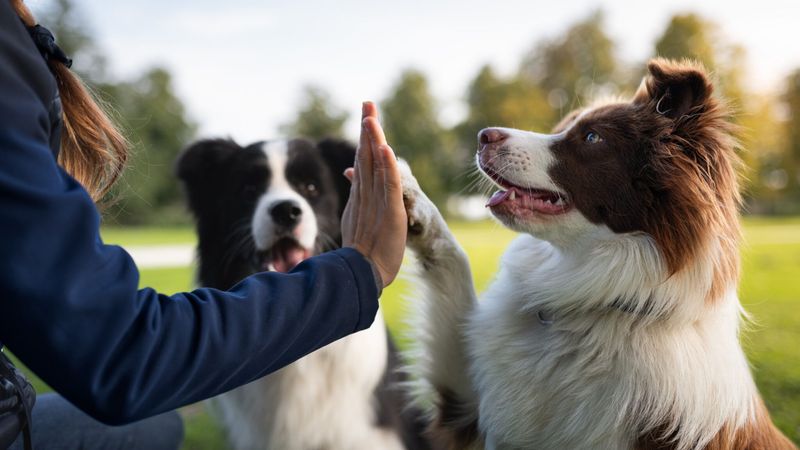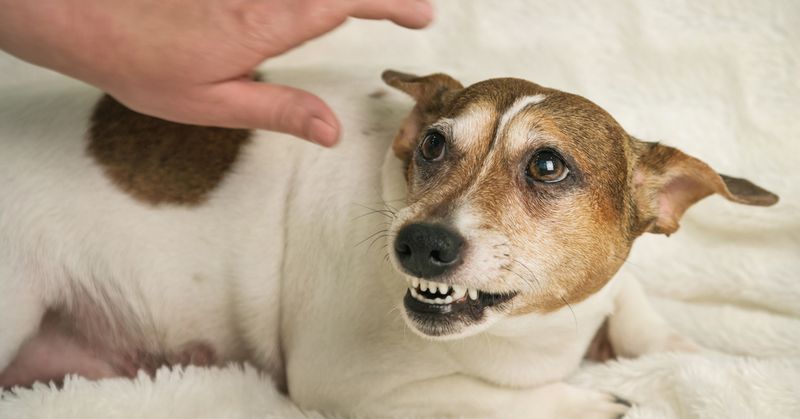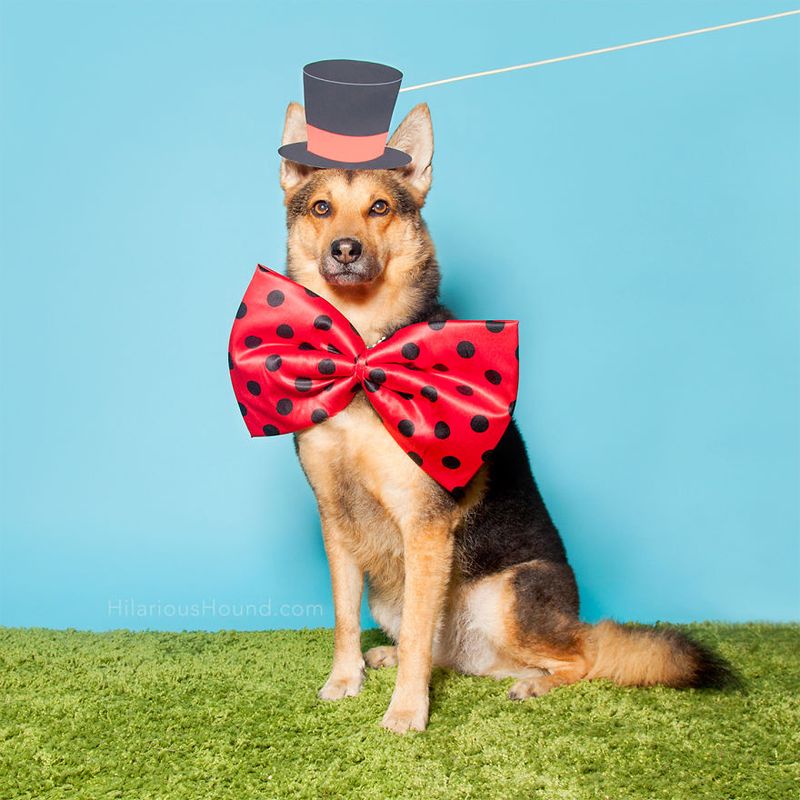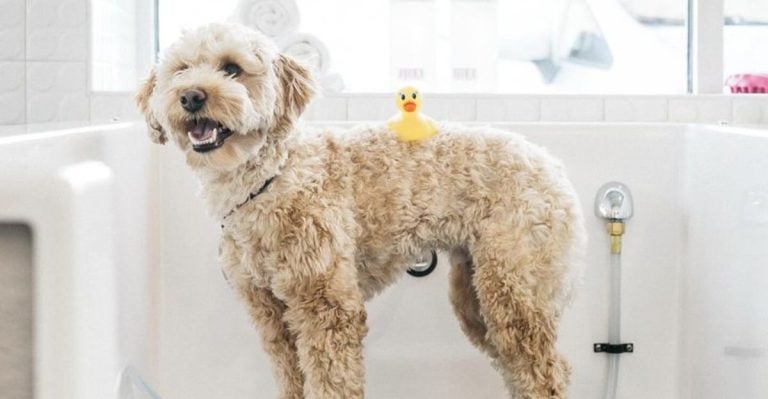How to Spot a Bad Dog Owner in 12 Clear Ways
Dogs might be man’s best friend, but not every human is worthy of that title. Behind every happy, well-behaved pup is a responsible owner who puts in the time, patience, and love it takes to raise a good dog.
Unfortunately, the opposite is true as well—bad dog ownership is more common than many of us would like to admit.
You’ve seen it before: a dog lunging at strangers, barking endlessly, dragging their human down the sidewalk like a runaway train. Sometimes we blame the dog, but the real issue often lies at the other end of the leash.
A dog’s behavior is almost always a reflection of the person raising them. And here’s the thing—it’s not just about annoying habits or sloppy training. Bad dog owners can actually endanger their pets, other animals, and people around them.
From neglecting basic needs to encouraging aggression, these missteps can have lasting consequences. That’s why it’s important to know the signs.
Whether you’re a fellow dog parent, a concerned neighbor, or someone thinking about getting a pet, understanding what makes a bad dog owner is essential.
Not to judge, but to educate—and to protect dogs from the mistreatment they often can’t escape on their own.
In this article, we’ll break down the red flags and toxic habits that separate the careless from the committed. We’re talking skipped vet visits, zero training, emotional neglect, and more.
Some of these behaviors are subtle, others are shockingly obvious—but they all tell the same story.
So if you’ve ever wondered why some dogs seem stressed, aggressive, or downright miserable, this list might offer some clarity.
Because at the end of the day, being a good dog owner isn’t about perfection. It’s about effort, empathy, and showing up for your dog every single day.
1. Lack of Basic Training
A dog that doesn’t respond to basic commands like “sit,” “stay,” or “come” often shines a spotlight on its owner’s neglect to invest time in training.
Training not only ensures a dog behaves well but also strengthens the bond between pet and owner. Lack of training often leads to a myriad of behavioral problems that could have been easily averted.
Imagine visiting a friend, only to have their dog jump all over you—annoying, right? Dogs need guidance to integrate into human society comfortably. An untrained dog can become a hazard not only to itself but to others as well.
For most dogs, training is a way to engage their minds. It’s a vital component of a dog’s development, yet sadly, some owners overlook this completely.
2. Inconsistent or Harsh Discipline
Dogs don’t come with instruction manuals, but that doesn’t excuse inconsistent or harsh discipline. Imagine being scolded today for something you were praised for yesterday—it’s confusing, right?
This is what a dog experiences with inconsistent discipline. Harsh punishments, like yelling or physical corrections, can break a dog’s spirit and trust.
Good discipline requires patience and consistency. It’s about setting boundaries and helping the dog understand them through gentle reinforcement. A calm, understanding approach is far more effective than erratic discipline.
Some owners swing between ignoring bad behavior and overreacting to it. This not only confuses the dog but can lead to anxiety and fear. Such methods are a red flag for poor ownership.
3. No Leash or Control in Public
A dog off-leash in public without recall training is a disaster waiting to happen. It’s like playing a game of chance with safety—both for the dog and others.
Some owners believe their pets are harmless, yet without control, even the friendliest dog can cause chaos.
Imagine a park where dogs run wild, causing fear or irritation to other park-goers. Not everyone is comfortable with dogs, and a responsible owner respects that. Leashes aren’t just about control; they’re a sign of courtesy to others.
Having control means knowing your dog will come when called. It’s about the safety and respect of everyone involved. A lack of this foresight is a hallmark of irresponsible ownership.
4. Ignoring Veterinary Care
Skipping vet visits might seem trivial, but it’s a red flag waving high. Dogs can’t voice their discomfort, and regular check-ups are crucial to catching potential health issues.
Vaccinations, flea treatments, and general health assessments are all part of responsible pet care.
Think of a child who never sees a doctor—alarming, isn’t it? Dogs are similar, needing regular health checks to ensure well-being. Skipping these visits can lead to easily preventable suffering.
Ignoring veterinary care isn’t just neglectful; it’s unfair to the animal. A responsible owner understands the importance of maintaining their pet’s health. Good health care is a fundamental aspect of good pet ownership.
5. Improper Socialization
Dogs that shy away or react aggressively often reflect a lack of socialization. Socialization isn’t just about making doggy friends; it’s about experiencing the world calmly. Without this, dogs can develop fears or aggressive tendencies.
Picture a dog cowering at the sound of a passing bicycle—it’s heartbreaking. Properly socialized dogs are generally more relaxed and happy in various environments. They understand that new experiences aren’t threats.
Owners who skip this crucial step are doing their dogs a disservice. A well-socialized dog is typically a joy to be around, friendlier, and more adaptable. Encountering a poorly socialized dog is a clear indicator of inattentive ownership.
6. Poor Nutrition or Obesity
Feeding a dog isn’t as straightforward as it seems. Poor nutrition often leads to obesity, which in turn can cause serious health problems.
Some owners mistakenly believe showing love means extra treats or table scraps, but this often results in an unhealthy pet.
Imagine a dog struggling to move under its own weight—its health compromised by diet. Good nutrition is about balance and understanding a dog’s dietary needs, including appropriate exercise.
Owners must ensure their dogs eat quality food and get regular exercise. Overfeeding or providing low-quality food can indicate a lack of understanding or care. Spotting an overweight dog is frequently a sign of a negligent owner.
7. Lack of Mental Stimulation
Imagine a smart dog staring out a window, yearning for something to do. Boredom in dogs often manifests as destructive behavior, like chewing furniture or incessant barking.
Dogs need more than just physical exercise—they crave mental challenges, too.
Think of mental stimulation as a workout for the brain. Toys, puzzles, and interactive play are vital for a dog’s happiness and health. Engaging a dog’s mind is as important as a regular walk.
Owners who don’t provide mental stimulation may find themselves with a restless, unhappy pet. It’s not just about tiring them out physically; mental tiredness is equally essential. A mentally stimulated dog is generally well-behaved and content.
8. Leaving the Dog Alone for Too Long
Dogs, much like humans, are social creatures. Leaving them alone for extended periods can lead to anxiety and behavioral issues. Imagine spending most of your day waiting for someone to come home—lonely, right?
Dogs thrive on interaction, whether it’s with their human family or other dogs. Long stretches of solitude are not just boring—they’re distressing. When left alone too long, dogs may express their discomfort through destructive habits.
Responsible owners ensure their dogs have companionship and aren’t isolated. This includes regular walks, playtime, and social interactions. Spotting a lonely dog can often point to an owner who doesn’t value the importance of companionship.
9. Refusing to Pick Up After Their Dog
Leaving dog waste behind is more than just messy; it’s disrespectful. It tarnishes public spaces and creates a nuisance for others. A responsible dog owner understands the importance of maintaining clean, pleasant environments.
Picture a park scattered with dog droppings—hardly inviting for a stroll or playtime. Picking up after your dog is a simple act of courtesy and community care. It reflects an owner’s respect for public spaces and others.
Refusal to clean up signifies a disregard for community well-being. It’s not just about hygiene; it’s about setting a good example. A clean environment benefits everyone, and responsible dog ownership plays a key role in this.
10. Using Outdated Training Methods
Training methods have evolved, yet some owners cling to outdated techniques. Choke chains and dominance theory belong in the past. Modern training focuses on positive reinforcement and understanding.
Imagine teaching through fear instead of encouragement—it’s neither fair nor effective. Humane methods foster trust and communication between owner and pet. Outdated methods can harm a dog’s psyche and lead to behavioral issues.
A good owner keeps up with the times, ensuring their training methods are current and compassionate. Over-reliance on harsh techniques is a marker of poor ownership.
Dogs trained with kindness often display improved behavior and a stronger bond with their owner.
11. Not Respecting the Dog’s Boundaries
Some owners forget that dogs, like people, have personal boundaries. Not respecting these can lead to stress and even aggression. Dogs communicate their discomfort, yet not all owners listen.
Imagine being hugged when all you want is space—it’s uncomfortable. Ignoring a dog’s signals can lead to a breakdown in trust and security. It’s crucial for owners to educate themselves and others, especially children, on respecting a dog’s space.
Respecting a dog’s boundaries fosters a respectful, loving relationship. Owners who ignore these signals risk damaging their bond with their pet. Spotting an uncomfortable dog often reveals an owner unaware of its needs.
12. Viewing the Dog as an Accessory, Not a Commitment
For some, dogs are mere accessories, flaunted on social media or in public for clout. But dogs are sentient beings, not props. Treating them otherwise is a clear sign of poor ownership.
Imagine a dog dressed up solely for photo ops, its daily needs overlooked. Real dog ownership is about commitment, care, and responsibility—not image. Dogs deserve owners who see them as lifelong companions.
When a dog is treated as a status symbol, it’s often neglected in essential aspects of care.
True bonding goes beyond appearances, encompassing genuine love and responsibility. Spotting a dog used as a prop often reveals an owner focused on self-image rather than pet welfare.

